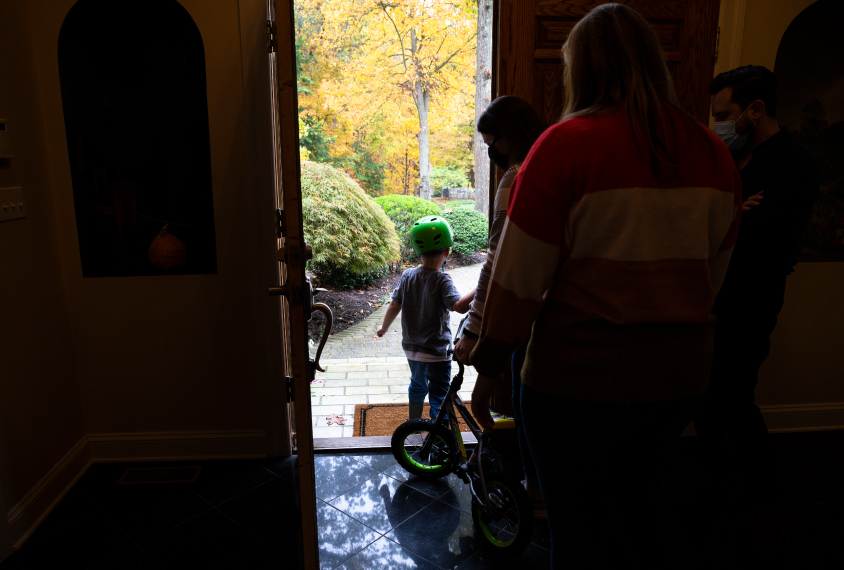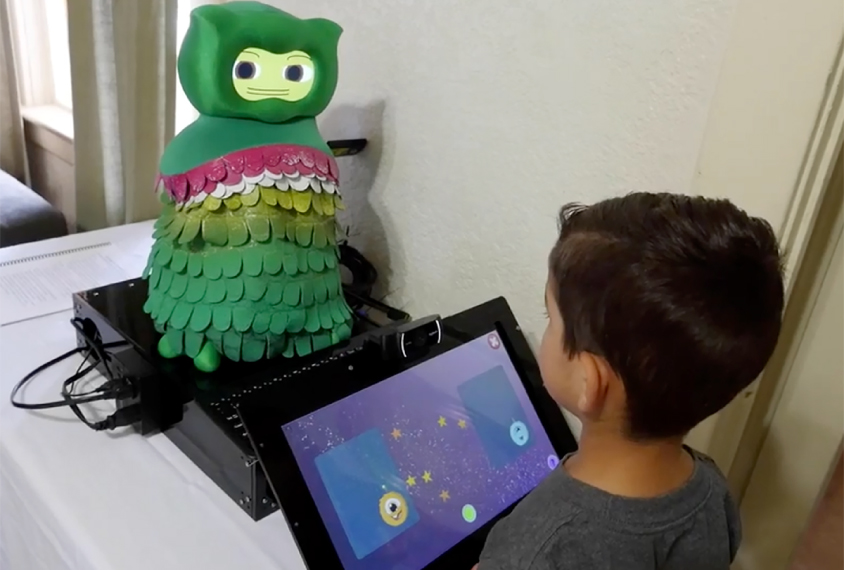Behavioral intervention
Recent articles
Owen’s odyssey: A year and a half after an autism diagnosis
This is part 2 of Owen’s story. It tracks his early progress in treatment for autism. Part 1 described his difficult path to a diagnosis.

Owen’s odyssey: A year and a half after an autism diagnosis
This is part 2 of Owen’s story. It tracks his early progress in treatment for autism. Part 1 described his difficult path to a diagnosis.
How autism researchers are applying machine-learning techniques
Researchers are using machine learning to improve diagnostic predictions of autism, create interactive support robots, and more.

How autism researchers are applying machine-learning techniques
Researchers are using machine learning to improve diagnostic predictions of autism, create interactive support robots, and more.
Explore more from The Transmitter
This paper changed my life: Ishmail Abdus-Saboor on balancing the study of pain and pleasure
A 2013 Nature paper from David Anderson’s lab revealed a group of sensory neurons involved in pleasurable touch and led Abdus-Saboor down a new research path.

This paper changed my life: Ishmail Abdus-Saboor on balancing the study of pain and pleasure
A 2013 Nature paper from David Anderson’s lab revealed a group of sensory neurons involved in pleasurable touch and led Abdus-Saboor down a new research path.
Sex bias in autism drops as age at diagnosis rises
The disparity begins to level out after age 10, raising questions about why so many autistic girls go undiagnosed earlier in childhood.

Sex bias in autism drops as age at diagnosis rises
The disparity begins to level out after age 10, raising questions about why so many autistic girls go undiagnosed earlier in childhood.
Microglia implicated in infantile amnesia
The glial cells could explain the link between maternal immune activation and autism-like behaviors in mice.

Microglia implicated in infantile amnesia
The glial cells could explain the link between maternal immune activation and autism-like behaviors in mice.